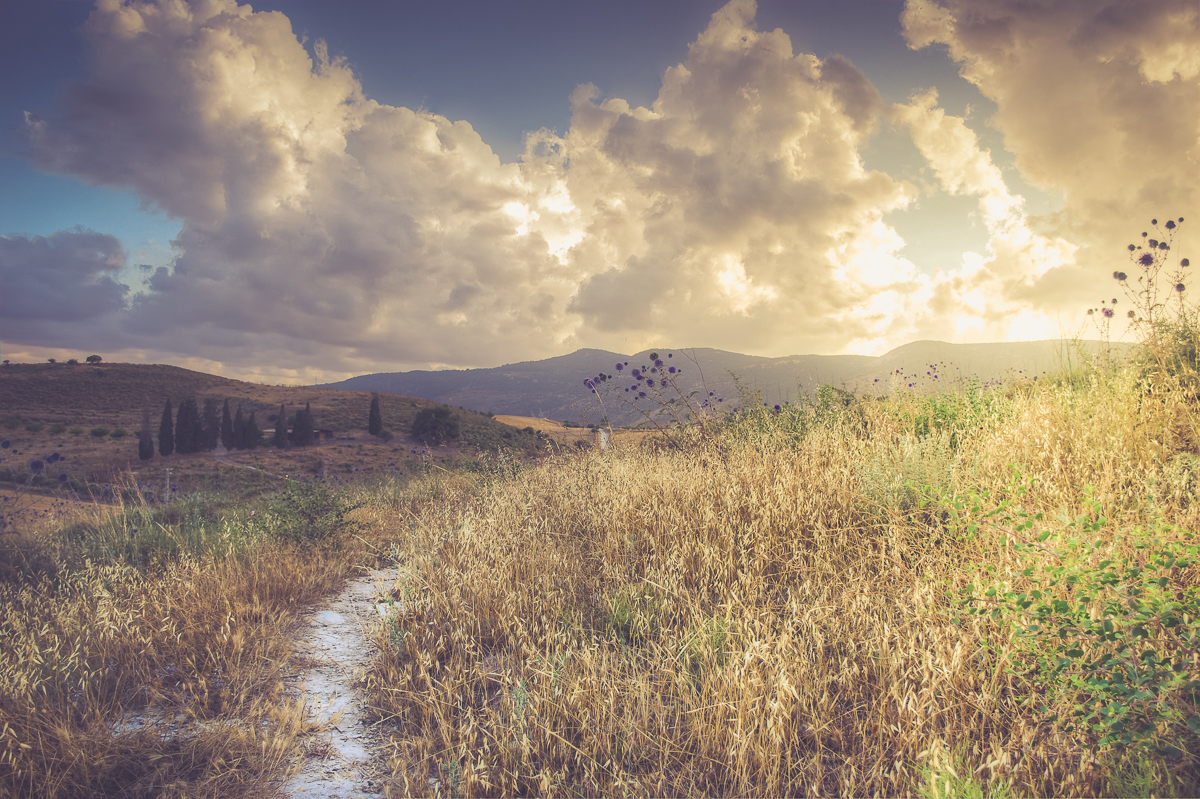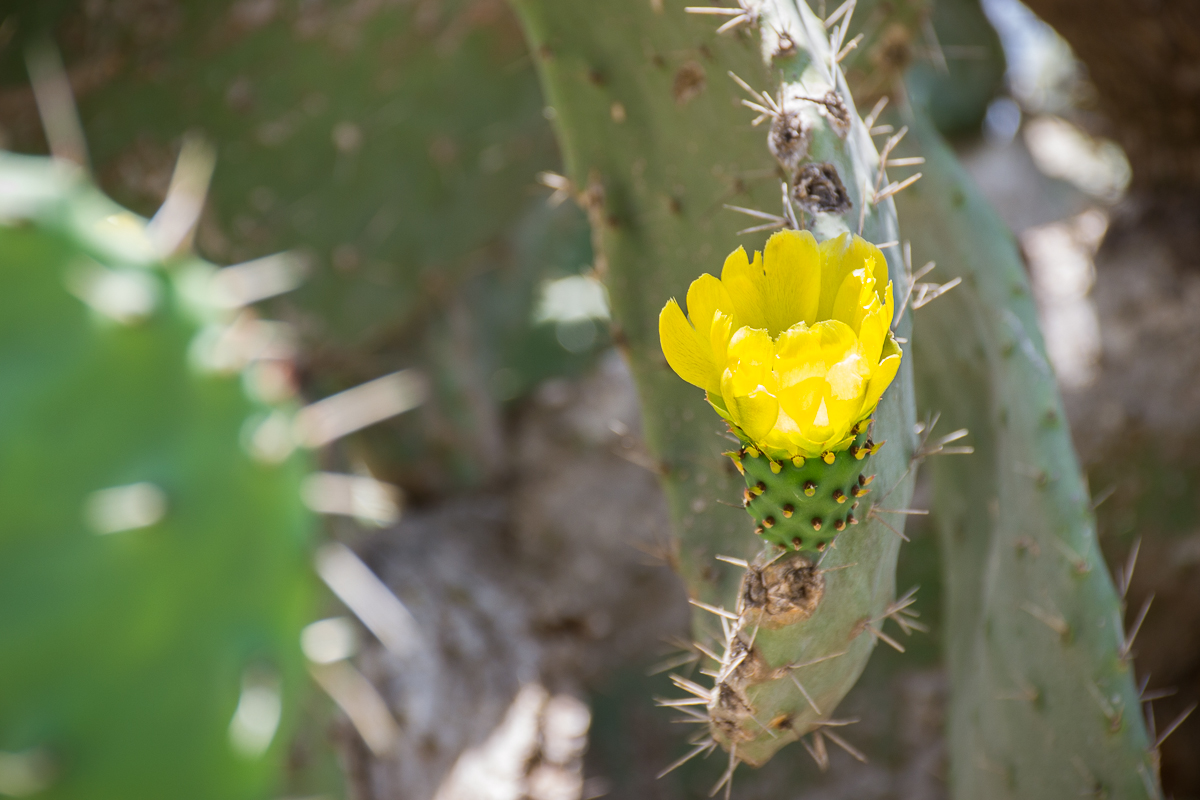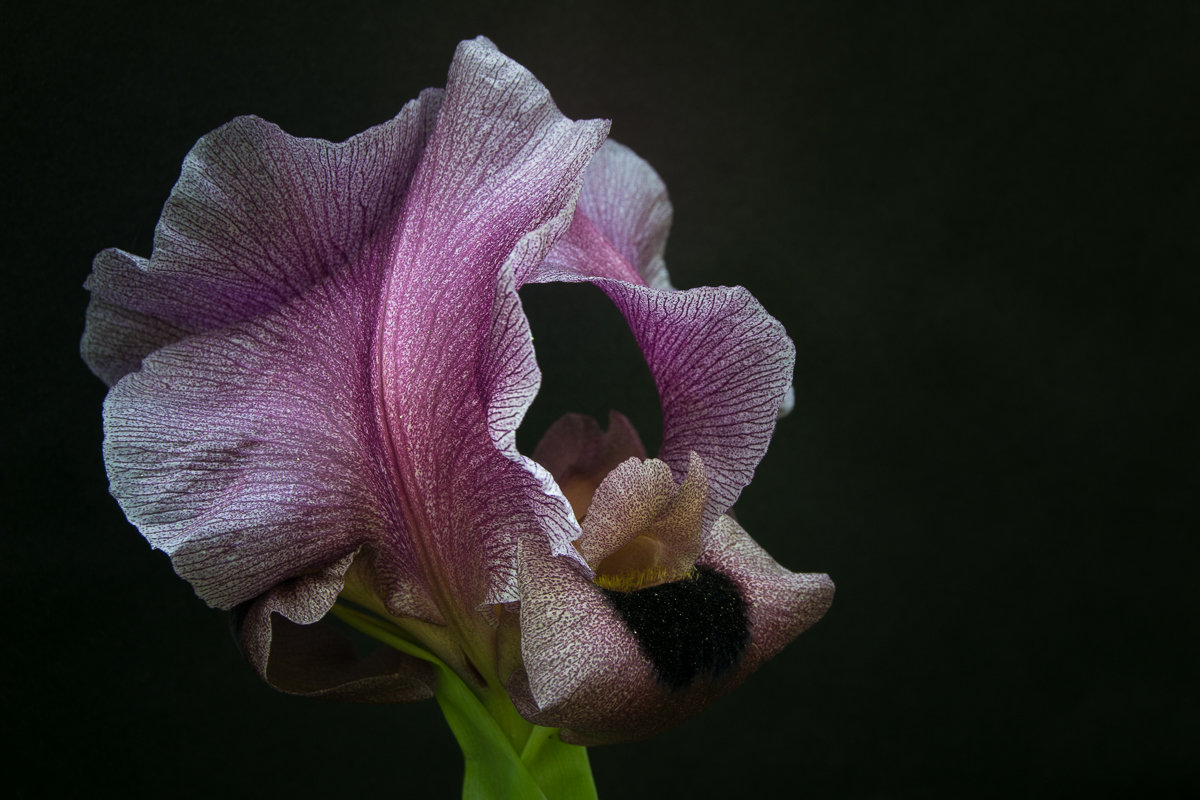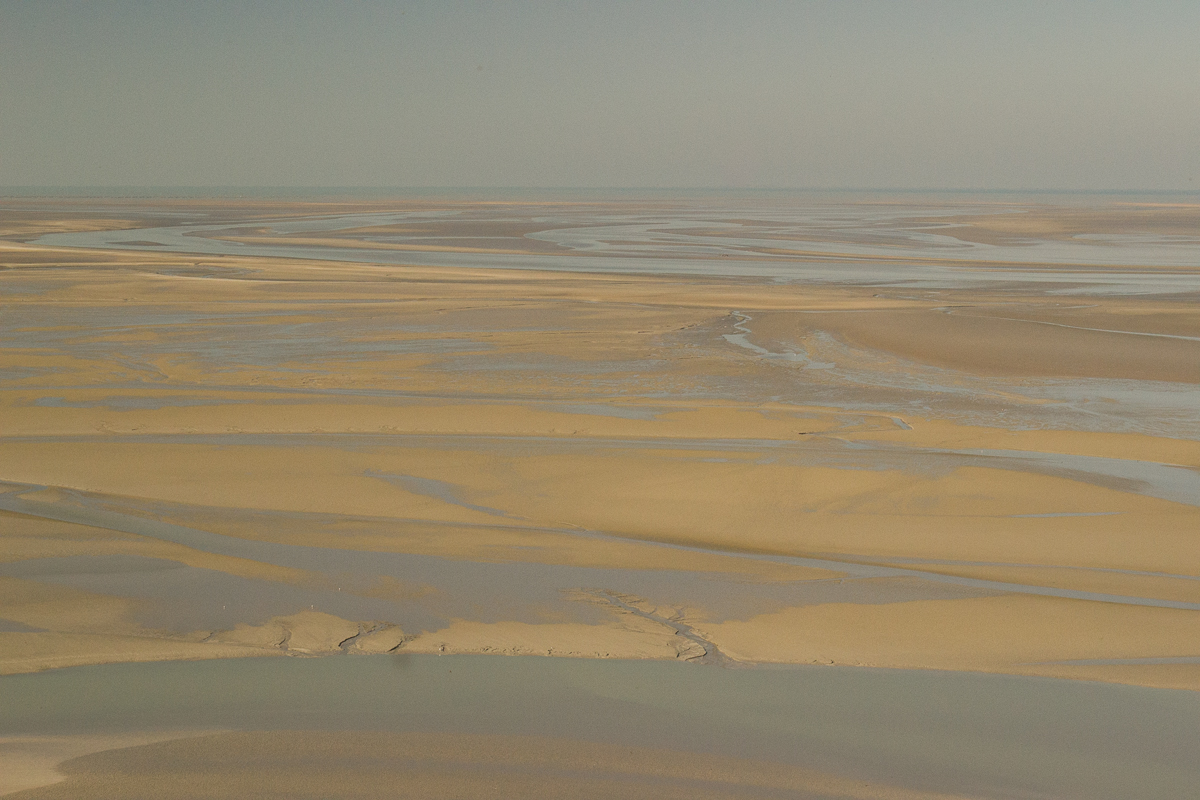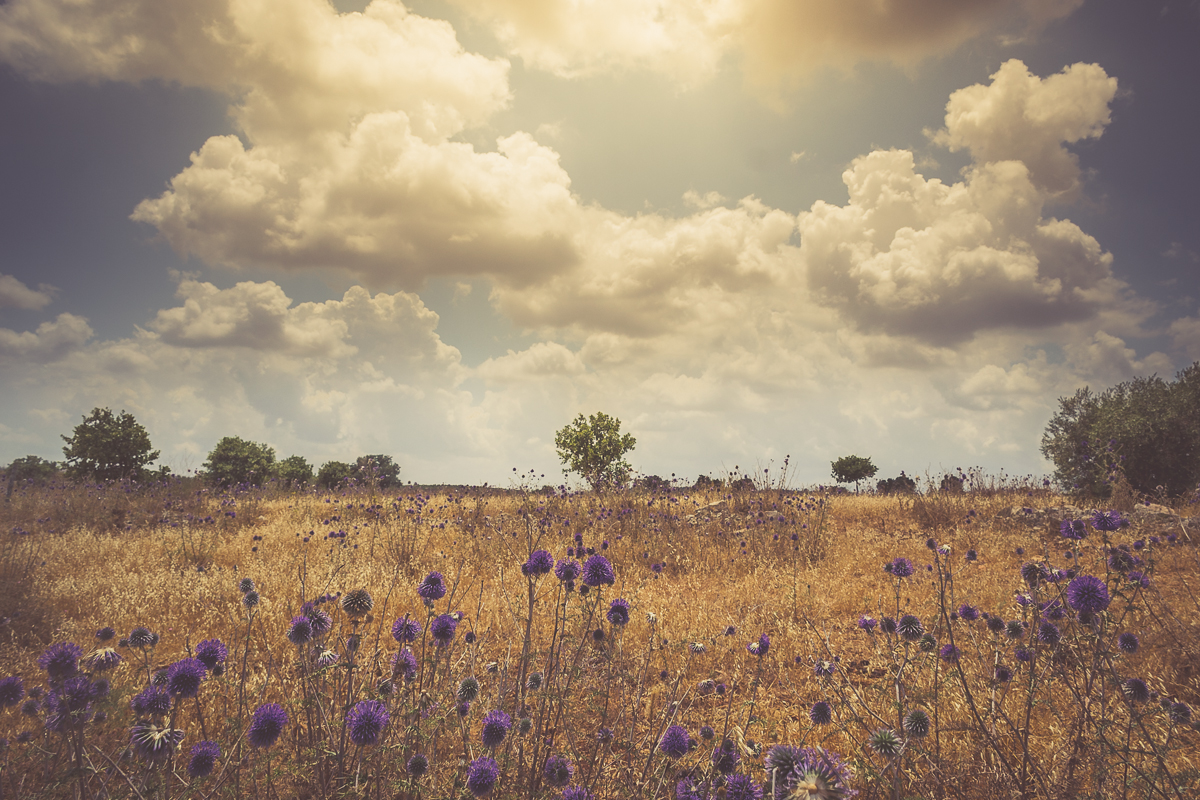As creative individuals, we always want to be adapting and growing in our craft. What is the best way to do this? We can spend time reading and doing research on our own. This can be effective but we’re only analyzing our skills from a personal point of view. Often times the best way to progress is to get a critique from an outside source. This can be from someone you highly respect and/or from someone that you trust. Let’s consider how we can use this method for our benefit.
Choosing People that Matter
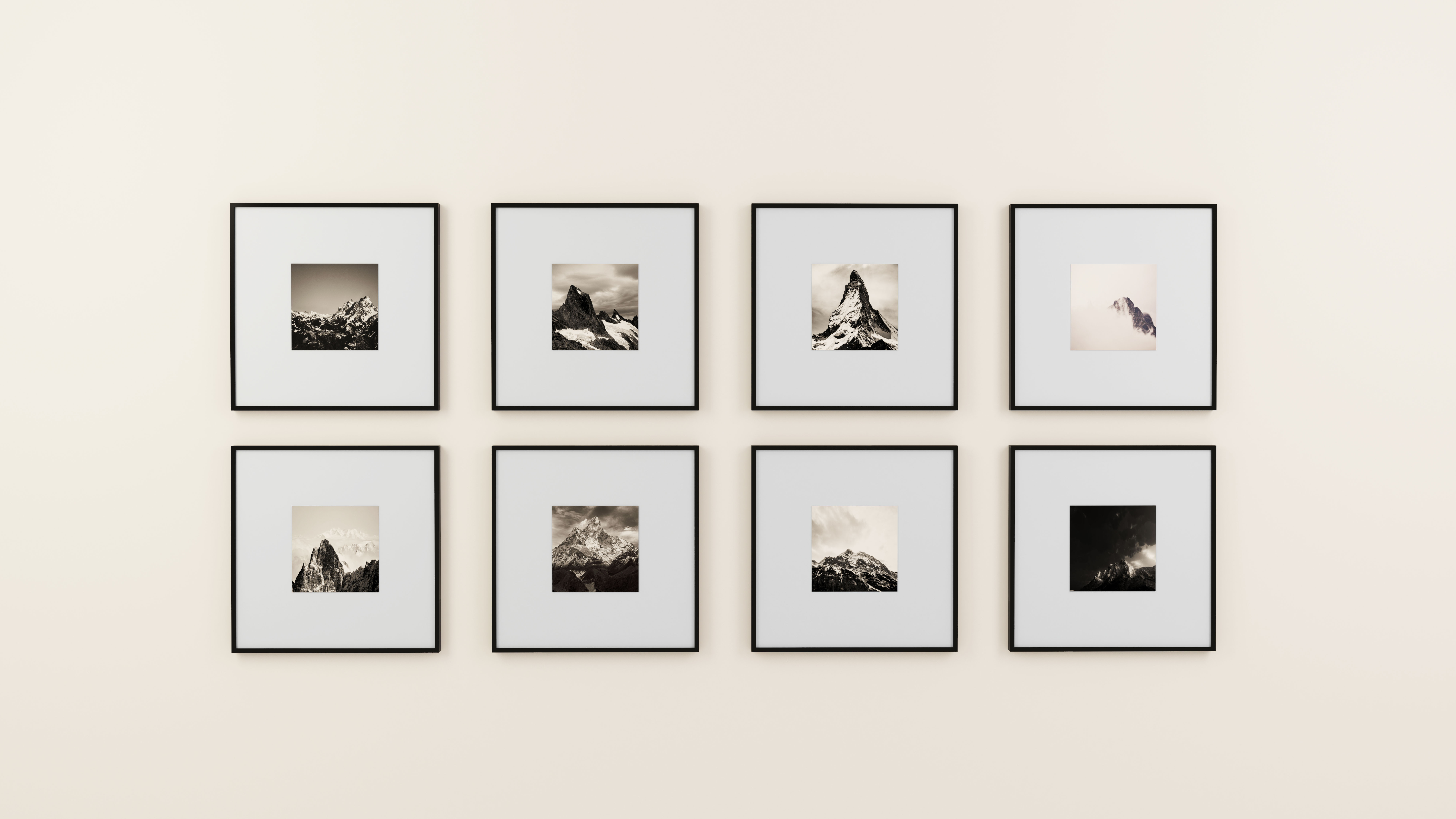
When getting someone to critique our work we must make sure that it is constructive, not disheartening. One way to ensure that you come out of the process feeling ready to improve is by getting opinions from people that actually matter. If we decide to put our work up for review by people who don’t have our best interests in mind, we are opening ourselves up to hurtful comments. This, in turn, will actually do the exact opposite of the intended purpose and discourage us from creating. Where can we look?
I find that the best criticism comes from a talented friend who’s not afraid to tell you the truth. You already know they have your best interests in mind and will already be familiar with your strengths and weaknesses. If this is not easily available, I usually can get honest and constructive criticism from working professionals that are willing to share their techniques. Most creatives that are willing to openly share their findings and give genuine advice will have your best interests in mind. Those that are not willing to share, often times will look for ways to tear you down and build themselves up in the process. This should be avoided as it will not only tear you down but will make you less likely to get critiqued in the future.
Mindset During the Critique
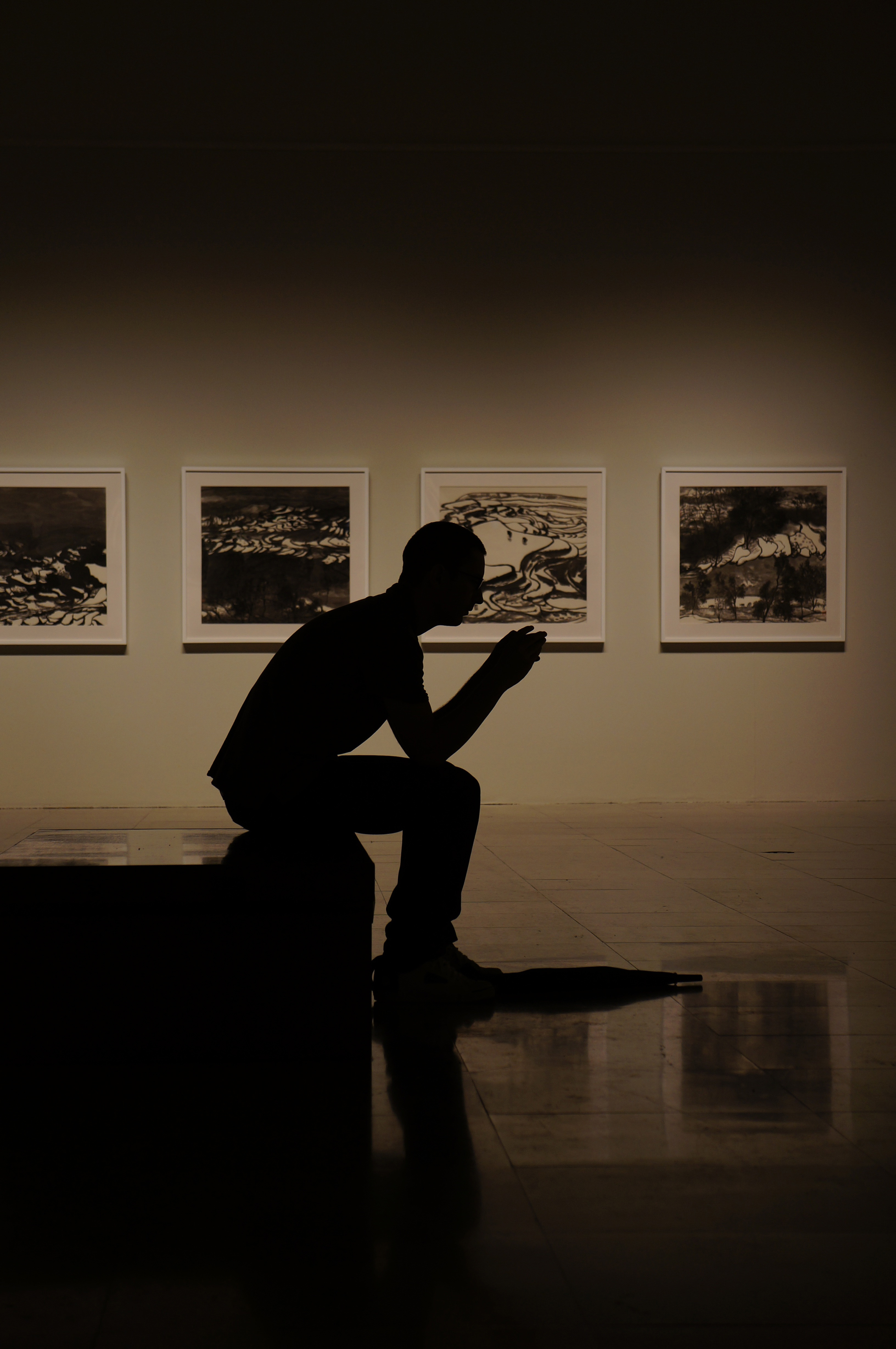
Instead of trying to defend yourself from what the person says, try and stay as silent as possible. Interrupting their thoughts will only make them less likely to give you honest feedback. It may also make them forget what they wanted to say in the first place or refrain from saying it altogether. Our goal is to make them feel as comfortable and open with us as possible. If you encourage this type of atmosphere, you will be able to fully benefit from the process.
Instead of feeling hurt or worthless after they give you constructive criticism, remember why you asked them to critique you in the first place. Sometimes we can get caught up in all that we seemingly can’t do and forget to focus on what we can already do. There needs to be a balance in how we weigh the criticism.
Usually, a good critique will give you both commendation along with areas of improvement. If they don’t, remember to take the comments in retrospect. These people care about you and genuinely think that their suggestions will make you a more talented artist than you already are.
Putting the Suggestions into Practice

Once we get through the honest critic, we now want to use the information in a positive way. Many people receive a lot of great advice but forget to ask the person how they can put it into practice. Usually, the person is giving you those specific suggestions because it’s something they’ve been conscious of in the past or they are still currently working on. Use this to your advantage and make sure to ask them for advice on actually how to apply it in your work. They will probably have photographers in mind that you can study or maybe even valuable book recommendations.
One important thing to keep in mind, however, is that a lot of their suggestions may only be personal preferences. Photography is very subjective. With that being said, you don’t need to tailor your work to fit their preferences. Take what they say with a grain of salt. After careful consideration, choose the pieces that you agree with and then try to apply them.
Don’t be scared to get a critique! With some forethought and the right mindset, it can be an incredibly useful method to help you grow.
Keep learning and have fun!

